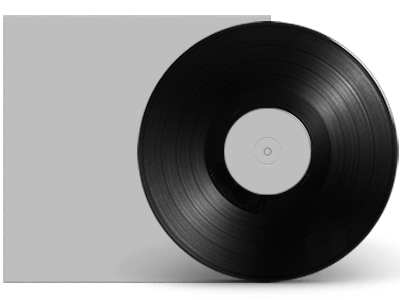
Beschreibung
20 Shades of Province
Around 1981, provincial Germany was an excellent breeding ground for abstruse concepts such as those of Autofick (an offshoot of the group Zimt), whose training cassette Pogo: Ein Praktischer Leitfaden included sound examples such as the song „Eiscafé”, which contains a compact analysis of youth in Tübingen and is the third best German punk song. Carambolage, on the other hand, made music in Ton Steine Scherben’s North Frisian band commune that didn’t sound like Neue Deutsche Welle (NDW – meaning New German Wave), but more like obscure British DIY bands, for whom punk simply meant the downward redistribution of pop culture.
At the same time, a handful of musicians in Limburg an der Lahn founded a couple of bands, which Alfred Hilsberg brought to the people as “Limburger Pest“, a record package consisting of singles by The Wirtschaftswunder and Die Radierer and the flexidisc „Wo ist der Dom?“ by Siluetes 61, a project by Tom Dokupil (who was also in all the other bands), which (like „Bauernlife“ by The Wirtschaftswunder) processed life in the cathedral city with its invisible cathedral into a lively anti-art song. Hanover, on the other hand, was large enough to have a proper punk scene, which gradually transformed teenage rebellion into an eternal stag party against an end-time backdrop, which Hans-A-Plast could not miss recording for posterity as early as 1981. The fact that the only queer hits in the otherwise largely heteronormative scene – „Tagebuch“ by Bärchen und Die Milchbubis and „Samen im Darm“ by the Cretins – emerged in Hanover of all places is one of those likeable contradictions that characterize the early phase of punk.
Ziggy XY nevertheless turned his back on the city, and the unwieldy strangeness of his project Kosmonautentraum can certainly be understood as an objection to the unambiguousness of the dawning “Deutschpunk”. The second LP (with the anti-hit „Abschied“) at latest caught up with Holger Hiller, who in turn pushed NDW avant-garde to the point of high cultural maturity on his own records and as the singer of Palais Schaumburg. In one way or another, his records could have been created at the other end of a modernity that had not been interrupted by the Nazis. Thanks to their classical vocal training, the brothers Udo and Gerd Scheuerpflug, alias Die Zwei from Neuendettelsau in Franconia, ventured into similar realms. Their a cappella single was played by John Peel and was released on the label of the pioneering Berlin record shop Zensor, which also had a hand in the self-released single by Konstantin, with which Max Goldt and Gerd Pasemann bridged the time while they were not allowed to use the name Foyer Des Arts for contractual reasons. Düsseldorf has been studied so thoroughly that I will limit myself here to Family 5 and Male, but I don’t want to withhold them because „Tagein – Tagaus“ is the best lyric Peter Hein has written to date, and Male was the first „first German punk band“ to produce real punk hits. Rassemenschen helfen armen Menschen stole the second best band name of the NDW from the poster of a Viennese cat-breeding exhibition (for charitable purposes) and their singles, which are quite rightly no longer to be found, are far too far out to be left out here.
In Marburg (an der Lahn), Ludger Andreas alias Exo Neutrino tried to recreate Limburg conditions by recording cassettes single-handedly under crazy, changing names. His only single (as Lustige Mutanten) was actually produced in Limburg by Tom Dokupil. Just like „Tagesschau“ by Freiwillige Selbstkontrolle (or F.S.K.), which tried to reinvent the deadly serious media criticism popular among German left-wingers as cheerful pop criticism. Neues Deutschland from Kassel left behind only a concept album about the German-German division, on which „Muskulatur“ is a little out of the ordinary, because thematically it is actually more of an F.S.K. song.
And while Neue Deutsche Welle was already disappearing from the scene elsewhere, in Hamburg-Bergedorf various children got together under the guidance of Felix Kubin to play NDW underground, which led to quite fascinating misunderstandings that were distributed among friends under group names such as Die Egozentrischen 2. In the centre of Hamburg, Die Zimmermänner were already exploring the question of whether it was even possible to sing pop in German after all. The fact that the „German Pop Music“ that emerged always kept its quotation marks for the sake of decency distinguishes it favorably from the dreadful German pop music that everyone feels called upon to make today.
Tracks
01. Autofick - Eiscafé
02. Carambolage - Gehirnwäsche
03. Siluetes 61 - Wo ist der Dom?
04. Hans-A-Plast - Lemminger Punks
05. Kosmonautentraum - Abschied
06. Holger Hiller - Ein Hoch auf das Bügeln
07. Die Zwei - Wir bleiben hier
08. Family 5 - Tagein – Tagaus
09. Rassemenschen helfen armen Menschen - Alles ist mir recht
10. Lustige Mutanten - Spiel ums Leben
11. Freiwillige Selbstkontrolle - Tagesschau
12. Neues Deutschland - Muskulatur
13. Die Egozentrischen 2 - Gegensätze
14. Male - Risikofaktor 1:X
15. Bärchen und die Milchbubis - Tagebuch
16. Die Zimmermänner - Keiner ruft Cornelia an
17. The Wirtschaftswunder - Bauernlife
18. Palais Schaumburg - Kinder der Tod
19. Cretins - Samen im Darm
20. Konstantin - Sing mir ein kleines Arbeiterkampflied
Sicherheit und Herstellerinformationen
Ähnliche Produkte
-
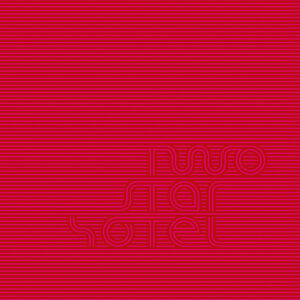
TWO-STAR HOTEL s/t
2,50 €
Enthält 19% MwSt.zzgl. Versand -
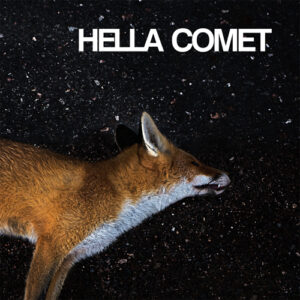
HELLA COMET 10
8,00 €
Enthält 19% MwSt.zzgl. Versand -

SPECTRES: Last days
11,00 €
Enthält 19% MwSt.zzgl. Versand -
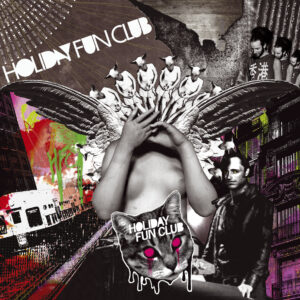
HOLIDAY FUN CLUB s/t
2,50 €
Enthält 19% MwSt.zzgl. Versand -
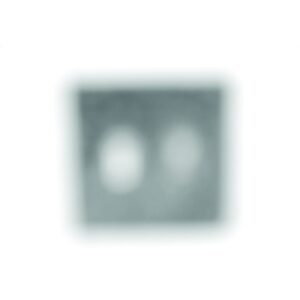
RANK/XEROX s/t
11,00 €
Enthält 19% MwSt.zzgl. Versand -
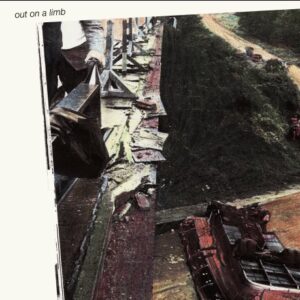
OUT ON A LIMB Drowned
10,00 €
Enthält 19% MwSt.zzgl. Versand
